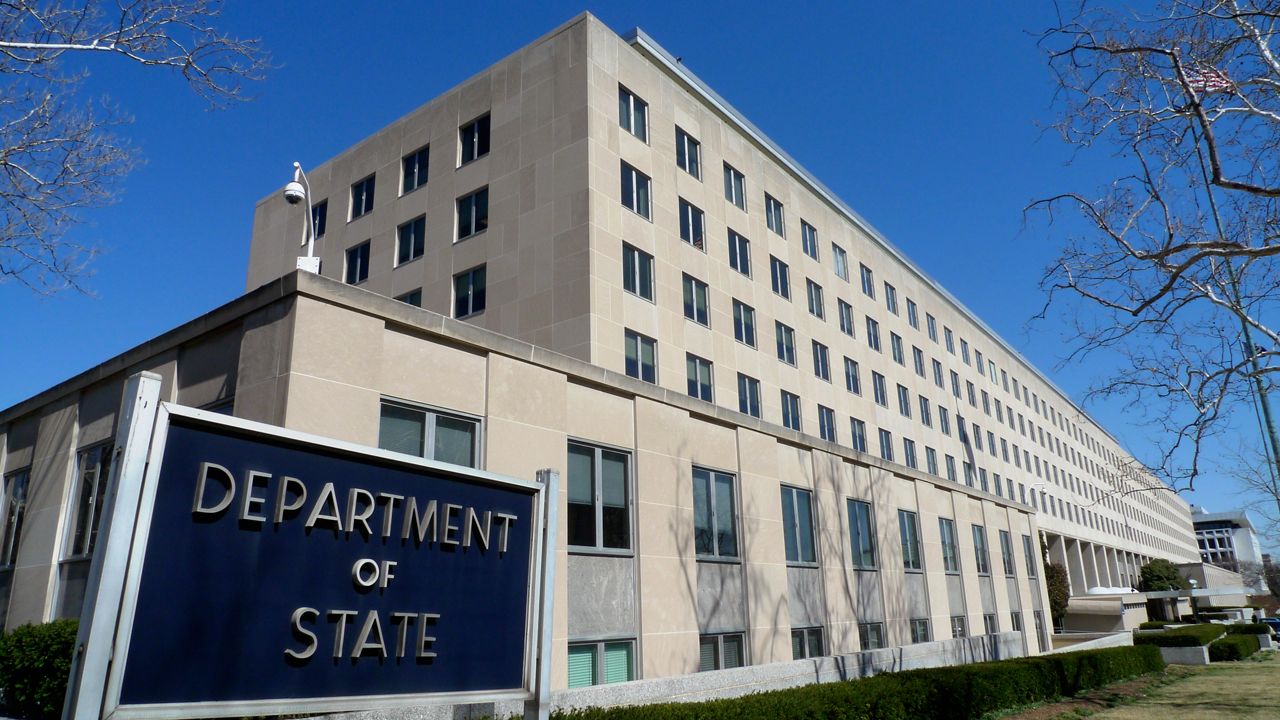The State Department on Thursday launched a new program that will allow Americans to sponsor refugees as they arrive in the United States, building on similar trials in recent years that have allowed people to help welcome thousands of Ukrainians and Afghans.
The Welcome Corps program seeks to invite up to 5,000 refugees with the help of 10,000 Americans in its first year, with the goal of making it a permanent feature of the U.S. refugee admission program.
Secretary of State Antony Blinken in a statement Thursday called the new effort the “boldest innovation in refugee resettlement in four decades.”
When he took office, President Joe Biden promised to rebuild the refugee program that was decimated under former President Donald Trump, who set admissions goals at record lows. But in his first two years, Biden’s administration has settled similarly low numbers and has been slow to ramp up processing as promised.
In the first three months of fiscal year 2023, just 6,750 people were resettled toward a goal of 125,000.
Welcome Corps is one initiative meant to give the refugee program a boost. It will allow refugees to come to the U.S. permanently, unlike other recent programs that offer temporary parole to Ukrainians, Venezuelans, Cubans, Haitians and Nicaraguans.
Americans who are interested in becoming sponsors have to go through several steps: establish a four-person private sponsor group, complete a background check and training, raise $2,275 per refugee and author a welcome plan to detail how they’ll support refugees for their first 90 days.
Sponsors will serve as a touchpoint for refugees to find work, find a place to live, enroll children in school and get to know key local services available to them. The U.S. is also partnering with refugee resettlement organizations to help run the Welcome Corps.
In the following nine months after their initial welcome, they’ll get access to federal programs such as Medicare to have continued support in their first year in the United States, even after private sponsors’ duties end.
There are no financial incentives for sponsors to participate, a senior administration official noted Thursday, but the program seeks to capitalize on the popularity of previous sponsor programs.
In a video posted Thursday, Blinken said Welcome Corps will “allow Americans to do what they do best: be guides and friends to our neighbors, put them on a path to realizing their full potential, to the benefit of not just refugee families, but all our families.”
“You won’t just change the lives of the refugees you help. You’ll change your own life as well,” he added.
In the second phase of the program, sponsors can directly request refugees they want to help migrate to the U.S.
Veterans who served in Afghanistan, for example, have long called for a direct pipeline to aid interpreters or others whom they worked with in combat, many of whom have faced issues leaving the country since the Taliban took over.
Refugee advocates cheered the launch of the new program, some noting that the U.S. has long had the ability to resettle refugees but that it has been partly hampered by processing backlogs.
“We commend the Biden administration on this forward-thinking approach to leveraging the generosity of the American spirit,” said Krish O’Mara Vignarajah, president of Lutheran Immigration and Refugee Service.
“We are hopeful that this pilot will be thoughtfully implemented to make certain that sponsors are sufficiently equipped with the necessary resources and know-how to ensure the best possible outcomes for refugee families in their care.”



